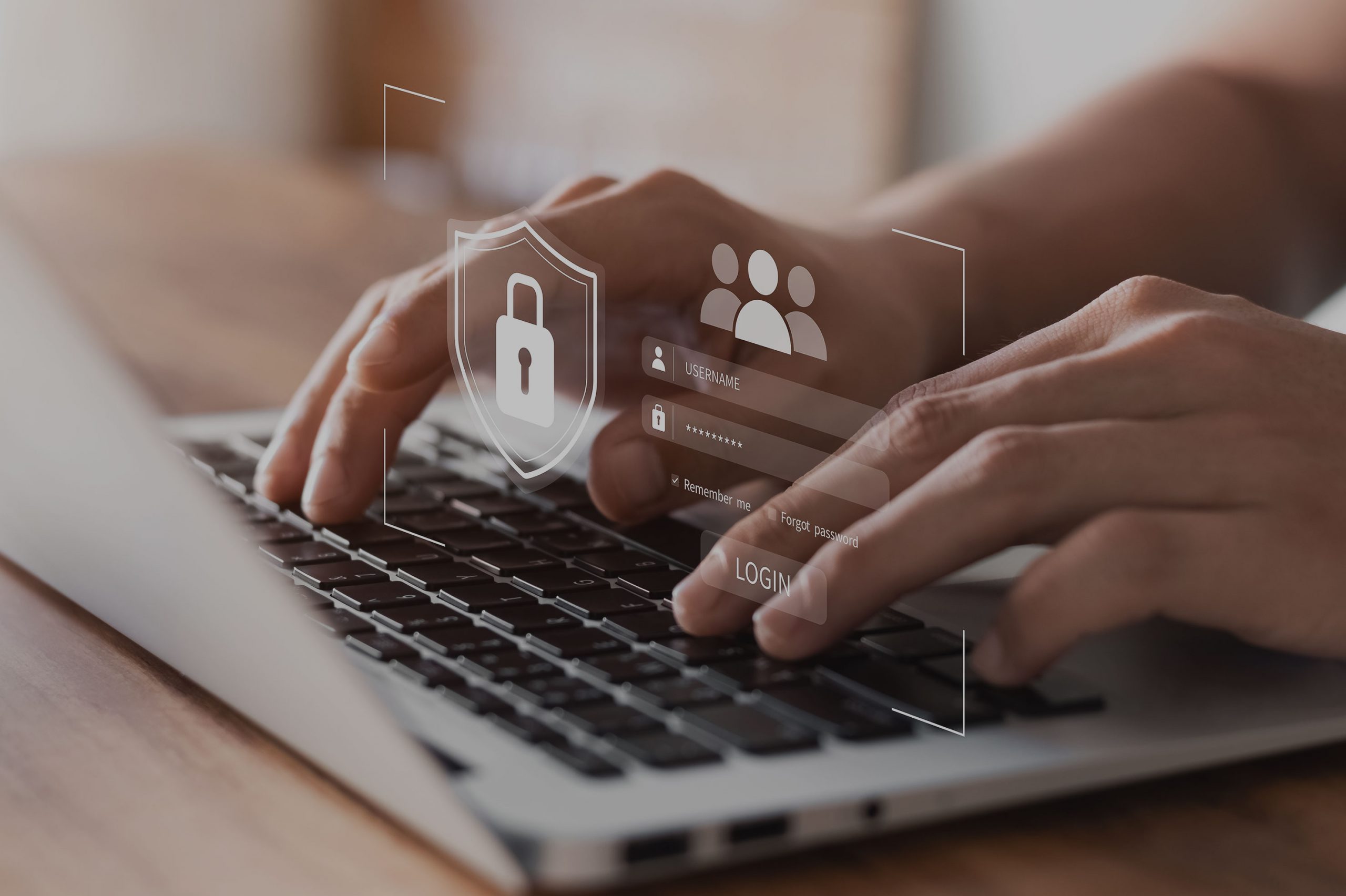Cyber security is an essential part of the modern business world. After all, with cyber attacks becoming more and more commonplace with each passing day, it’s vital to make sure that you’re protected against the possible threats you and your business could face.
Cyber Essentials is a government-backed scheme; setting a standard of technical controls organisations should have in place to protect themselves, their, and their data against the most common of cyber security threats.
In this article, we’ll explore the ins and outs of Cyber Essentials, as well as explaining why your business should take the step forward to become Cyber Essentials certified.
What is Cyber Essentials?
Cyber Essentials is a scheme funded by the United Kingdom NCSC (National Cyber Security Centre), which aims to help organisations protect themselves against cyber attacks. Cyber Essentials is suitable for all organisations, of any size, in any sector.
Established in 2014, Cyber Essentials was implemented by NCSC as a response to the growing threat of cyber attacks throughout the country. Updated annually to combat evolving threats, Cyber Essentials has continuously evolved and introduced further controls as part of the standard. There are two kinds of Cyber Essentials certification:
- Cyber Essentials: This is the standard government-backed certification, and is straightforward to get started with
- Cyber Essentials Plus: This is the same standard, except that it is independently audited to verify that controls are in place to add assurances that companies are actually complying with the requirements.
Our team can work with your business to carry out a Cyber Essentials readiness assessment of your business and we’ll work closely with you to rectify (where needed) and introduce new processes and controls to significantly improve the robustness of your business.
Benefits of Cyber Essentials Certification
There are lots of benefits to taking the first step and becoming Cyber Essentials Certified; tangible security benefits, assurance to your customers that their data will be managed securely and reassurance that your systems are robust.
Critically, Gov.uk reports 92% fewer insurance claims are made by businesses with Cyber Essentials controls in place.
To summarise:
- Risk Mitigation: Cyber Essentials helps you understand what you can do to protect your business and mitigate any risks to your organisation. It addresses relevant and modern risks and is constantly being updated to teach about the threats of the current world.
- Reputation and Trust: Having a Cyber Essentials certificate makes your organisation more trustworthy, with customers and partners being more likely to trust your business in the long run.
- Compliance: Some government contracts require Cyber Essentials training, so making sure you have the certification is vital if you’re expecting to work with the government.
- Cost Effectiveness: Cyber Essentials is a very cost-effective approach to learning about cybersecurity. By being aware of good cybersecurity standards, you can make sure you don’t spend lots of money in places you don’t need to — and don’t lose lots of money due to an attack.
Common Cyber Threats Faced by SMBs
Cyber Essentials controls are a great way to make sure you’re protected from cyberattacks. But, for SMBs, it can be difficult to understand exactly how you could be affected by cyber threats. After all, small businesses don’t seem like common cyber attack targets, the reality is that SMB’s are just as vulnerable.
Here are some of the threats that SMBs can face —
- Social Engineering: Social engineering is a massive risk for businesses. Attacks like phishing attacks can catch out unsuspecting employees and cause a lot of damage even from a small-scale breach.
- Malware: Malware is a huge risk for businesses — accidentally unleashing malware can wreak havoc on small businesses if they’re not prepared for it. This can be combated by implementing good security tools but knowing what to implement can be difficult.
- Ransomware: In the worst-case scenario, your SMB could be hit by a ransomware attack. This is when an attacker aims to extort your business by denying you access to your systems, often for a ransom. These attacks are crippling, and protecting yourself is vital.
Becoming Cyber Essentials Certified
Achieving Cyber Essentials Certification is a three-step process. The process can take anywhere from a few weeks to a few months, depending on the specifics of your organisation.
We start by carrying out a Cyber Essentials readiness assessment. Working with a trusted partner to do this is a great way to ensure that you have support from someone with experience.
Maintaining Cybersecurity Post-Certification
Once you become certified, maintaining your cyber security is still vital. After all, certification alone won’t protect your business.
Making sure that you maintain a high standard of cyber security protocols post-certification is vital. This means auditing your business to ensure that your standards are still high and making sure to create a security-aware culture in your business.
By ensuring that everyone does their bit to keep security standards high, you can easily make sure that your business is protected all around — with audits making sure that none of your preventative measures become vulnerable.
How We Can Help
Making sure your business is protected is paramount, and Cyber Essentials is a great way of doing so in a way that also supports your business’ reputation.
We can carry out a Cyber Essentials readiness report, with measurable action points to introduce the controls your business needs.


